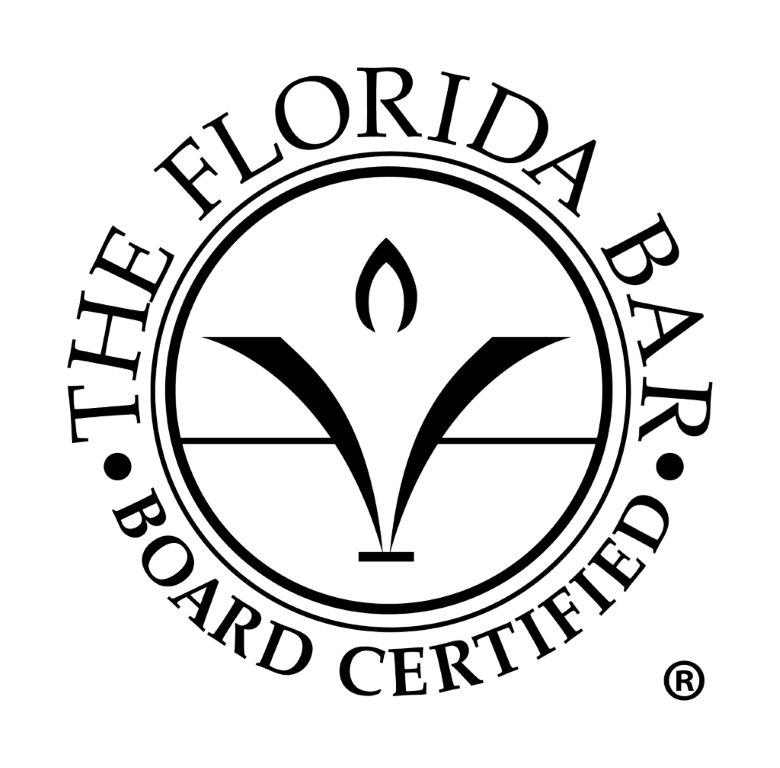
For the most part, women do not think twice about putting everyone else first. So once a year, the U.S. Department of Health and Human Services’ Office on Women’s Health coordinates a weeklong effort to shift that focus. This year, National Women’s Health Week will be celebrated May 10th – 16th, and throughout the month as we face this unprecedented time.
During this time participating agencies will encourage women to put their own needs, especially during this pandemic, and their own health first. With this in mind, let us share some wellness tips for you or the women in your life.
1. The doctor is in. In all honesty, no one really likes to see the doctor. It is easy to put appointments off or skip them altogether, especially if you are a busy woman caring for everyone else. Even so, experts say having routine check-ups and screenings is essential. This is because regular wellness checks can help identify or prevent serious maladies.
Ask your doctor which tests you need and when. If you are concerned about cost, see if your health insurance plan includes preventive services for women.
2. Get a move on. Exercise has long been recognized as an important part of a healthy lifestyle. Among other things, it can improve strength and balance, which reduces the likelihood of serious falls, especially for older women. Regular exercise is also known to lessen the likelihood of heart disease, which is also a serious health concern for women.
Health professionals recommend that adults do no less than 2 hours and 30 minutes of aerobic activity each week. If that sounds overwhelming, fear not. Experts also stress that this activity is best if it requires moderate effort and that it can be done incrementally. Also, these same experts are recommending walks outside during Covid-19, if you are able to go outside.
In addition to cardio, engaging in activities that build strength and use all muscle groups at least two days per week is recommended.
3. Understand the importance of a healthy diet. Like exercise, eating wholesome, nutritious foods plays a key part in staying well. In general, research says a balanced diet is one that includes fruits, vegetables, whole grains, dairy products such as fat free and low-fat milk, and lean meats. Excess salt, saturated and trans fats, and added sugars are “no-nos.” Experts also advise against drinking too much alcohol, but say drinking in moderation is okay.
4. Find healthy ways to cope. Being a woman in the 21st century is complicated. There are so many demands on your time and you may feel as if you are being pulled in a million different directions. This can sometimes lead to stress, anxiety, and even depression.
Since positive mental health has been linked with good overall health, experts recommend finding healthy ways to cope. These include self-care, sharing your feelings with others, and acknowledging when you need professional help.
In light of current world events, self-care is more important now than ever. After all, if you do not take care of yourself, it is that much harder to take care of everyone else. Know that we are also here to address any legal concerns you may have during these unprecedented times. Please feel free to contact us at any time.







